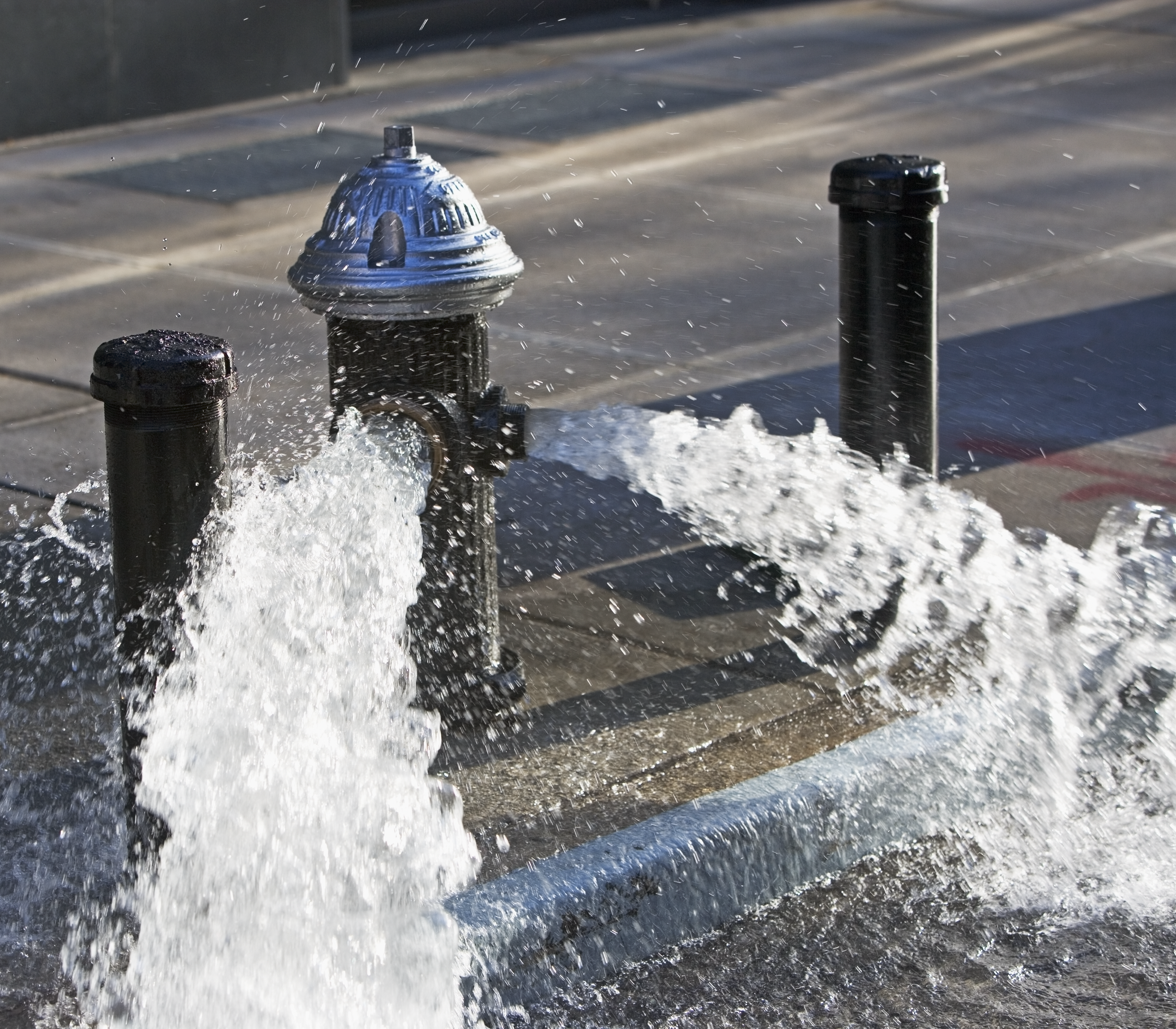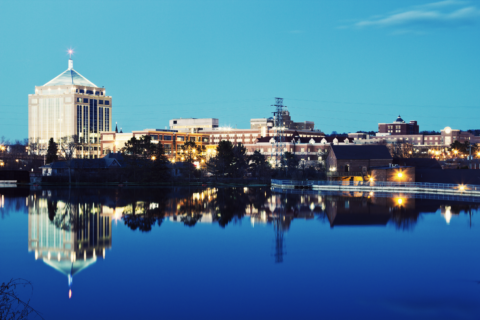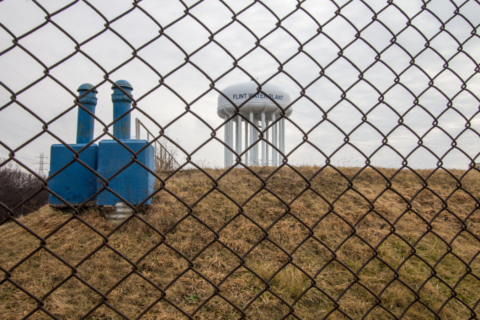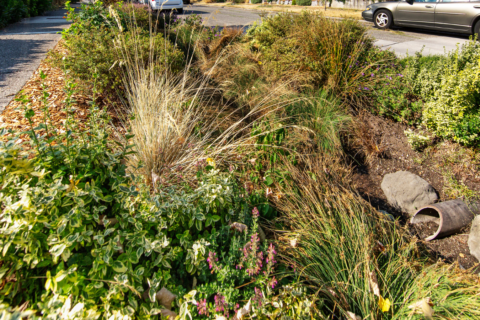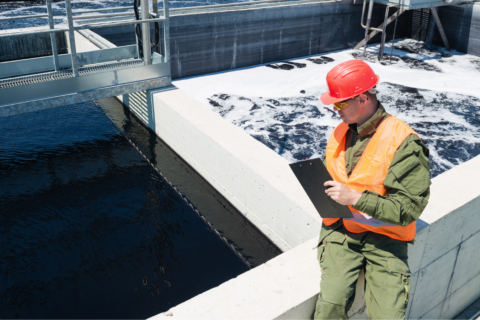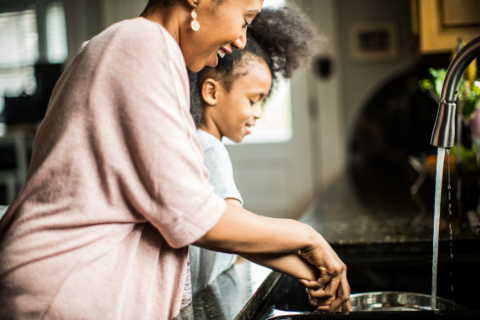Authors: Mayor Byron W. Brown, City of Buffalo, New York; Mayor Frank D. Scott Jr., City of Little Rock, Arkansas
Today, many Americans cannot afford to pay their drinking water and wastewater utility bills. Exacerbated by the lingering effects of the pandemic, households in Buffalo, Little Rock and communities across the country are forced to choose between paying their water bills, making car payments, paying for their housing or paying for electricity. These choices seriously impact the health of residents and the economic viability of communities, as neither can prosper without reliable access to drinking water. As local leaders, we have seen firsthand the positive impact of federal investment in water.
In response to the economic shocks created by the pandemic, in 2021 Congress created the Low Income Household Water Assistance Program (LIHWAP) under the U.S. Department of Health and Human Services (HHS) to ensure Americans unable to afford their water and wastewater bills could still receive these vital public health services. LIHWAP is a time-limited pilot program that ended in many states in September and ends nationwide in March 2024. It targets households paying high proportions of their income towards drinking water and wastewater services. As the first ever federal water affordability program, LIHWAP has provided over a billion dollars in assistance to households across the United States to ensure access.
LIHWAP transformed local governments’ ability to provide their residents with clean drinking water by providing funding to cover missed payments and arrears from residents. For communities like Buffalo and Little Rock, LIHWAP was a game-changer. Through this program, households at or near the federal poverty line, who have historically struggled to pay their water bills, were able to keep and restore vital drinking water and wastewater services.
The state of New York received $69 million in LIHWAP funds; and through this funding, 2,619 customers of Buffalo Water and Sewer received over $3 million in water bill credits, with the average assistance totaling $1,150 per customer.
In Arkansas, the state received $13 million. Consequently, almost 5,000 customers of Central Arkansas Water, the regional utility that serves Little Rock and surrounding areas, collectively received $5 million in assistance, averaging about $1,000 per customer. In some cases, these funds allowed households to restore their Central Arkansas Water services after months without. In other cases, the assistance covered up to a year of water payments to allow families time to get on their feet. LIHWAP’s targeted model and successful implementation represent the best of what the federal government can do.
LIHWAP has been a tremendous success in communities across the country. But, despite initial investment, great need remains in large cities, rural towns and suburban communities across the nation. Congress can do more to strengthen LIHWAP, as the pilot program’s extension is ending, no additional funds have been allocated and a permanent program has not been established.
Due to Congress’s lack of action on this issue so far, it’s important that we continue to work to highlight the ongoing needs of our residents and communities. We are working with a coalition of local governments, utilities, elected officials and advocacy organizations in educating Congress on the value and impact of LIHWAP. We need your help.
Water is a necessary resource for all. Rural or urban, red or blue states, all U.S. residents need a consistent water supply to keep people healthy and businesses thriving. If you are unfamiliar with LIHWAP, ask your local water utility how your constituents have benefitted from the program. This HHS dashboard shows the amount of funding per state and the number of households supported.
We ask that you join the national effort that includes engagement from all levels of government and the private and non-profit sectors to ensure this critical program remains. Get in touch with your federal delegation and urge them to include LIHWAP in the FY2024 and FY2025 appropriations packages.
Establishing a permanent federal assistance program will help cities ensure they can establish sustainable water rates to make the appropriate water infrastructure maintenance and improvements. While often forgotten and unseen, drinking water and wastewater infrastructure is critical to not only a community’s public health, but also its quality of life and economic development. Without sustainable systems, businesses, schools, restaurants and hospitals would fail. A permanent LIHWAP program would not only help our constituents most in need, but also ensure our entire communities can thrive.
As local leaders, we have a fundamental responsibility to ensure our residents have access to the necessities of life. Congress must continue to invest in water, and we hope you will join us in our efforts.
Learn More
To learn about the National League of Cities’ latest effort urging Congress to avoid a federal government shutdown and pass FY2024 appropriations bills, read our article Federal Update: Government Shutdown Averted (Again), No FY24 Budget in Sight.
